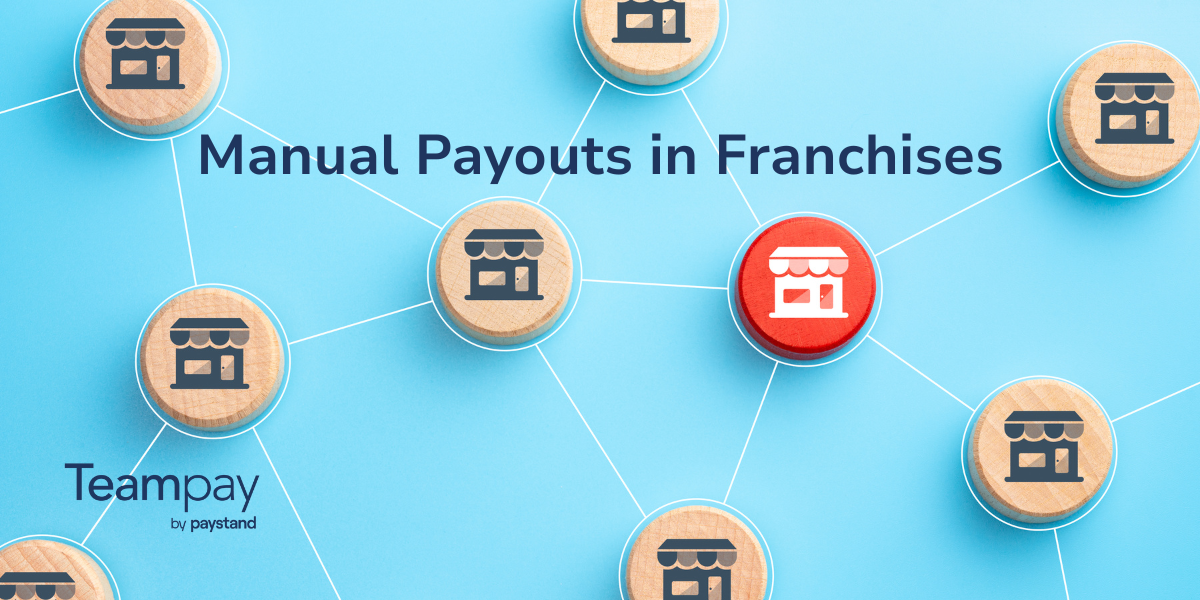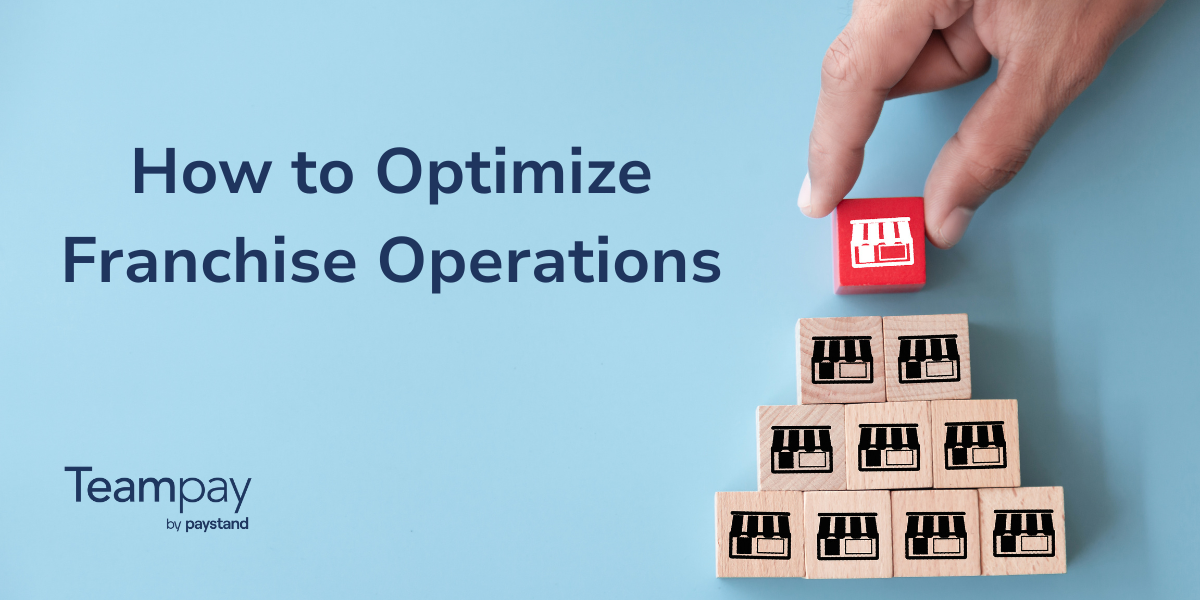Table of contents
Key takeaways
- Finance team efficiency is driven by people, processes, and tools.
- Creating an efficient process should increase finance employee satisfaction and empower them to do more in their role while reducing manual work.
- There are many tools and tactics finance leaders can use to drive team efficiency, such as automation, collaboration tools, user experience, and having a flexible workplace culture.
In the aftermath of the Great Resignation, companies are still struggling to retain their employees—which is driving down efficiency. In fact, one recent survey found that 46% of employees plan to look for new work within three months. Finance departments, in particular, suffer from this intense turnover. Without employees to maintain and manage company financial information in the long-term, data and financial reporting becomes disjointed, policies outdated, and efficiency drops.
Finance team efficiency is linked to three elements: People, processes, and tools. You may have amazing hires, but confusing processes and legacy tools can fuel turnover. And with 70% of finance professionals feeling pressure from inflation, global disruption, and recession anxieties, streamlined operations are more important than ever.
In this article, we’ll cover how finance leaders can boost team members’ performance through optimizing processes and investing in critical tools—as well as how to boost employee satisfaction.
How can we improve finance team efficiency?
There are three actions that directly affect finance team efficiency: Hiring, processes, and technology.
The first step is ensuring that you hire the right people for your financial department. Selecting the best candidates goes beyond technical skills—they should also be able to communicate clearly, learn continuously, and focus on problem-solving. These three characteristics enable new hires to integrate well into the overall team, regardless of their skill proficiency or background.
Without good employees, improvements to processes and technology are minimal. That said, it’s still important to streamline both to minimize costs. And leveraging the easy-to-use technology and clear processes can help you empower and retain your employees.
Let’s take a quick look at how you can support your financial team with the right tools and workflows.
Which tools enhance finance team efficiency?
When it comes to driving financial management efficiency, the first tool is clearly automation. An immense volume of transaction and financial data burdens finance teams. They must sift through information spanning departments, vendors, and customers while reviewing each item for accuracy and compliance. Much of this work requires tedious, time consuming, manual data-entry—which is where automation comes in.
Automated spend management platforms enable finance teams to reduce or eliminate data-entry and repetitive tasks. This tool can apply to various stages of the procurement and AP process, from invoice matching to reconciliation, vendor management, and reporting. Furthermore, best-in-class automation solutions integrate into ERPs, ensuring full transparency across software, and are highly scalable.
That said, automation isn’t the only tool to boost efficiency.
You will also want a comprehensive reporting platform to track metrics and data analytics. After all, you cannot optimize any of your tools without clear data. Often, data is collected in your plugins and related to your ERP or another accounting software. For example, you may have two solutions for accounts payable (AP) and accounts receivable (AR) management that both have in-depth metrics individually and send data to your ERP.
Other helpful tools for finance teams can include project management software, such as Trello, Asana, or Monday. Open communication tools like Slack can also provide company-wide channels for questions.
How to optimize your finance team workflow with clear processes
Finance leaders can further empower their team through process optimization. The initial approach is to map out current processes, pinpoint bottlenecks, and determine solutions. In this way, the process is very similar to deciding where to start automating your process. However, the considerations are different.
When reviewing the big-picture strategic finance operations, you may ask yourself the following questions:
- Do all of your systems work together?
- Do our processes align with finance and controller goals?
- Are all processes standardized? If not, why not? Can they be simplified?
- Are any activities or participants siloed?
- Are our financial policies clear?
- Is it time to revise or include new items to our policies?
- How are policies enforced?
- What are customers and vendors saying about our process?
- Can finance employees use our systems easily?
- Do we need to train or re-train finance employees?
- Do non-finance employees know how to use our systems?
- How is data secured and shared—could it be more effective?
Working together with the finance department can ensure that processes are appropriately evaluated and optimized. It’s important to review the impact of changes regularly, such as quarterly or bi-annually.
Outside of finance tools and processes, one of the best ways to boost efficiency is simple: Keep the team happy.
Linking employee happiness to finance team efficiency
Happy employees are people who feel fulfilled by their jobs and want to stay at your company. It’s also been shown that happiness corresponds strongly to engagement.
According to research by Gallup, keeping employees engaged has significant positive effects on your company. For example, happy employees are 41% less likely to be absent. With more employees showing up to work each day, your workplace productivity will increase.
Losing and replacing an employee is expensive, with turnover costing up to a trillion dollars each year for US businesses. Thankfully, companies can reduce their turnover rate from 24% to 59% when employees are engaged.
Also, keeping employees happy isn’t just good for their well-being and productivity—it’s good for your bottom line. Companies with engaged employees experience 20% higher sales and 21% higher profitability.
What solutions increase finance team efficiency? 3 tactics your finance team can use to contribute to employee happiness
Certain strategies are proven to boost employee well-being and job satisfaction. Here are some ways to create an employee experience that leaves your workforce feeling happy and engaged:
1. Help make flexibility an essential part of your workplace culture
Flexible work is a form of work arrangement that allows employees to work outside the 9-to-5 routine. It’s a trend that’s here to stay and provides a better work-life balance. And younger workers even report being willing to accept a lower salary if they can work from home permanently.
According to MIT Sloan professor Erin Kelly, who researched the impact of flexibility on employee satisfaction:
“Our study found that increasing employees’ say in when, where, and how they do their work, and conveying support for their personal and family life, both improved well-being and reduced turnover, reducing costs for the company, too.”
According to research by the World Economic Forum, 75% of workers want a mix of office-based and remote working. That’s why many companies now offer employees the possibility to work wherever they are more productive, whether it’s from home or at the office.
But putting work-from-home (WFH) policies into practice can be tricky, especially for businesses with employees in multiple locations. For example, you’ll need to answer a host of new questions:
- How will you support people in buying the equipment they need for their home office?
- How will they pay for the software subscriptions they need to do their jobs?
- Corporate cards can’t typically be shared securely in a remote environment.
Having employees pay out of their own pocket and reimbursing them adds another layer of complexity. By leveraging purchasing platforms and with the right finance processes in place, people can make purchase requests for WFH equipment—plus anything else they may need to buy for their jobs—and get them approved with ease, instead of wasting time on manual processes.
2. Make it easy to acknowledge your employees’ small wins
Celebrating your employees’ small wins improves company morale, builds motivation, and encourages them to continue doing their best. The finance team can enable the celebration of small wins for employees with a seamless purchase request process for buying small gifts quickly. Purchasing software not only makes it possible, but easy to make an abundance of these small purchases without adding additional overhead for managers or the finance team.
To discover the power of small wins on employee happiness, researchers at Harvard Business School surveyed employees about their motivations and emotions at the end of each workday.
The study found that one of the most significant factors in employee happiness is a feeling of achievement — 76% of the employees’ best days in the study were when they felt a sense of progress, no matter how big or small. According to Teresa M. Amabile and Steven J. Kramer, the researchers who led the study in an article for HBR:
“Even ordinary, incremental progress can increase people’s engagement in the work and their happiness during the workday. Across all types of events our participants reported, a notable proportion (28%) of incidents that had a minor impact on the project had a major impact on people’s feelings about it.”
3. Support employees’ professional growth and career advancement
If you don’t help employees with their career advancement or professional development, they risk feeling stuck and unsatisfied and may leave for a better opportunity.
Many companies have professional development budgets to support employees as they grow and learn. But oftentimes, the financial aspects of these programs become a bottleneck to their effectiveness. In some instances, employees aren’t sure how much is in their development budget, or don’t want to front the cost for an expensive class or conference.
In order to encourage them to take advantage of the program, finance can help by giving employees the ability to view their actual spend against the budget. They can also provide controlled access to company money, so employees aren’t stuck footing the bill and waiting for reimbursement. This kind of experience helps drive employee engagement and happiness.
How can I make my finance department better? Use tools to bolster employee happiness and efficiency
Improving happiness in the workplace all comes down to treating employees like human beings, not work machines. Financial teams can contribute to employee happiness by improving the efficiency of flexible work models, making it easy to acknowledge small wins, and better enabling professional development efforts. These are just a few ways that the finance team can contribute to employee happiness and performance, and in return, drive more revenue for your company.
And we know how to keep accounting professionals happy. We’re not an HR company, but a specialized accounting automation and spend management platform built to streamline the boring stuff. Our professionals at TeamPay know that user-friendly software, quality tools, and full transparency empower finance teams to make better decisions and focus on high-value tasks.
Discover other ways that your finance tech stack is affecting your team in our How Finance Impacts Employee Experience guide.












